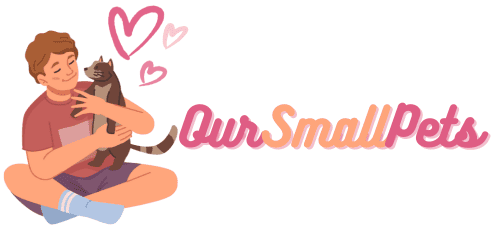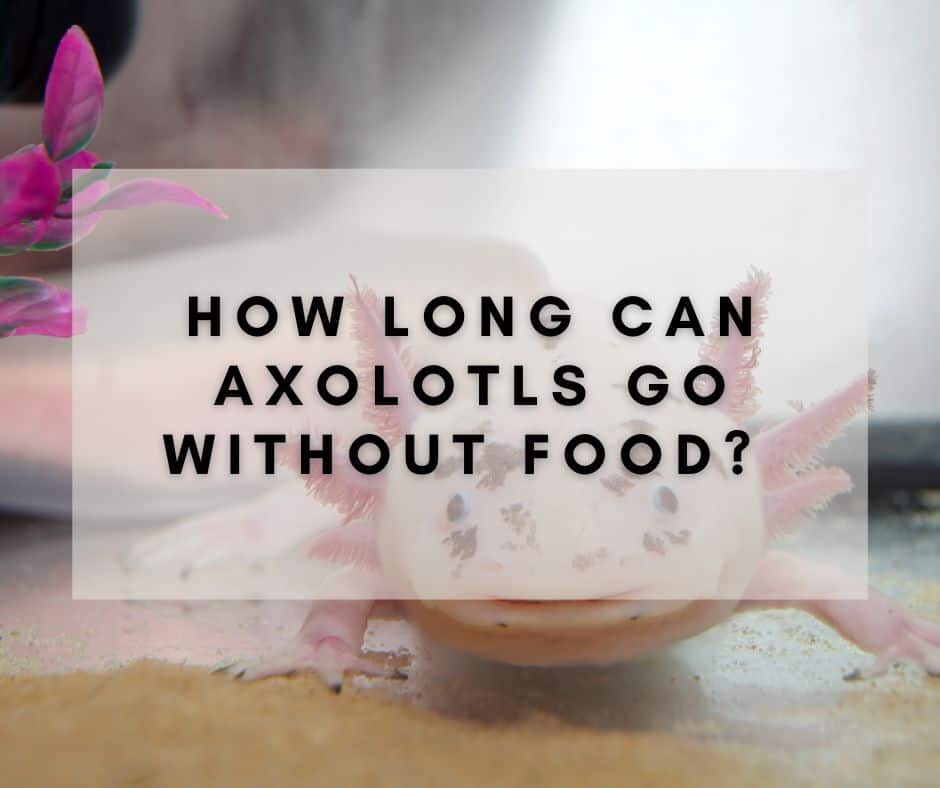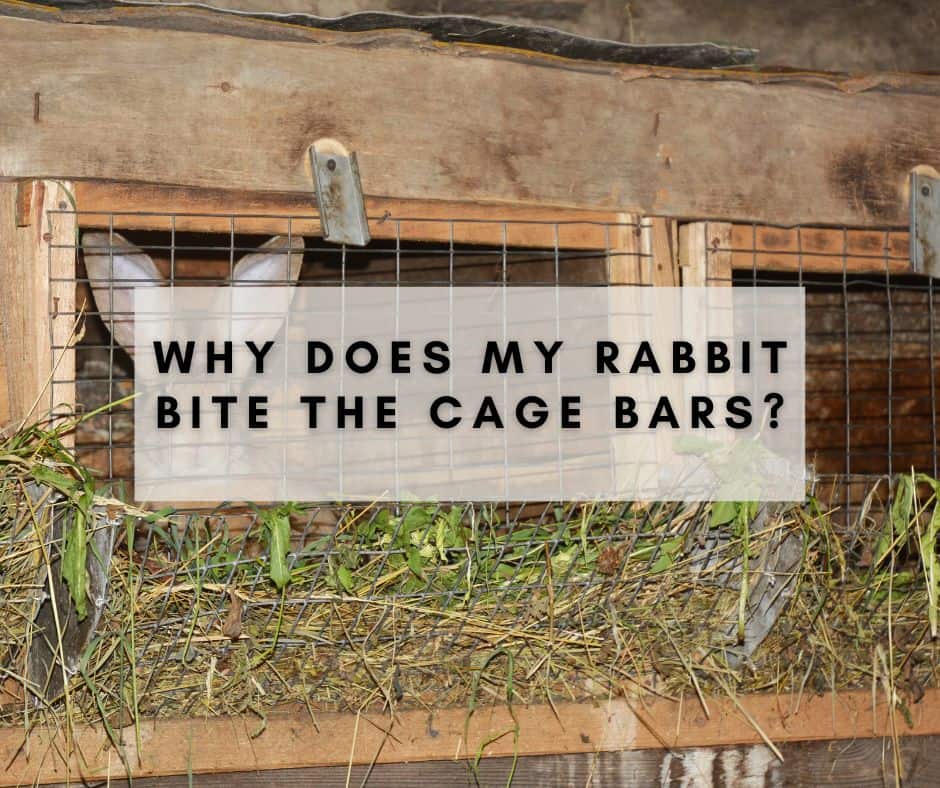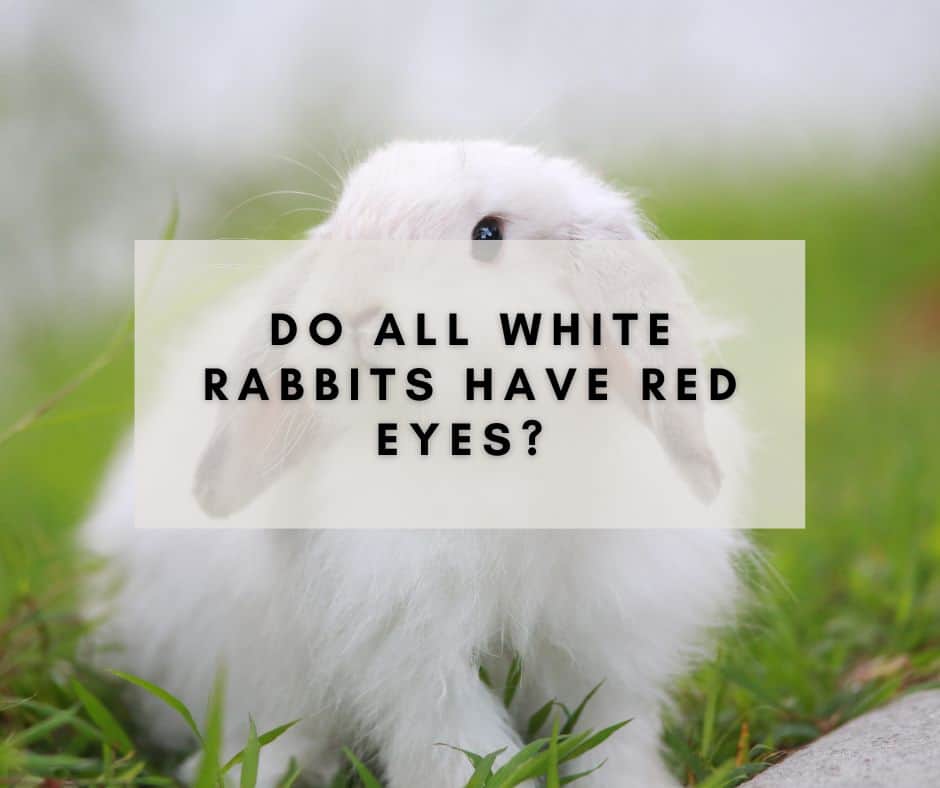Assuming you are asking about the potential length of time an axolotl can go without food, the answer is likely to be quite variable. Different individual animals may have different tolerances, and there are a number of factors that could influence how long any one axolotl could survive without food. These would include things like the size and age of the axolotl, its overall health and fitness, water temperature and quality, and whether it is gravid (carrying eggs).
In general, it is told that axolotls can survive up to two weeks without food. This is not to say that they will thrive during this time, but rather that they are likely to survive if food is unavailable. If you are concerned that your axolotl may not be getting enough to eat, it is always best to consult with a qualified veterinarian or herpetologist for guidance.
Obviously, the longer an axolotl goes without food, the more likely it is to start experiencing health problems. Weight loss, muscle wasting, and a weakened immune system are all potential consequences of prolonged fasting.
Contents
How Often Should Axolotls Be Fed?
Most axolotls should be fed every day or every other day. Juveniles, in particular, grow quickly and need a lot of food to support their growth. Adults can usually be fed less often, but this will vary depending on the individual animal’s metabolism and activity level. If you are unsure how often to feed your axolotl, it is best to ask your local veterinarian or herpetologist for guidance.
What Should Axolotls Be Fed?
Axolotls are carnivores and need a diet that is high in protein. In the wild, they feed primarily on insects, worms, and small aquatic creatures. In captivity, they can be fed a variety of commercially available foods, such as pellets, freeze-dried foods, live foods, and raw meat.
It is generally best to offer a varied diet, as this will provide your axolotl with the nutrients it needs for good health. However, some axolotls can be fussy eaters and may only accept certain types of food. If your axolotl is particularly finicky, you may need to experiment a bit to find a food that it will eat.
How Long Do Axolotls Survive Out Of Water?
Axolotls are amphibians and need to live in water. They cannot survive out of water for more than a few hours, as they will quickly dehydrate and die. If you need to move your axolotl from one aquarium to another, it is best to do so in a container of water to minimize stress and keep the animal hydrated.

Do Axolotls Eat Plants?
Axolotls are voracious eaters, and in the wild, they consume a variety of aquatic invertebrates, small fish, and even other axolotls. However, in captivity, they will usually eat whatever meaty food is available, including live or frozen fish, shrimp, worms, and pellets designed for carnivorous pets.
While some captive axolotls will nibble on aquatic plants, this is not common behavior and is generally not considered a serious problem. In fact, many aquarium owners appreciate the axolotl’s appetite for pests such as snails and larvae.
How Do I Know if My Axolotl Is Hungry?
There are a few ways to tell if your axolotl is hungry. One is to simply offer it food and see if it accepts it. Another is to observe its behavior; axolotls that are actively searching for food are likely to be hungry. Hunger cues can also be more subtle, such as a decrease in activity level or a change in the way the axolotl rests. If you are unsure whether your axolotl is hungry, it is best to err on the side of caution and offer it food.
Overfeeding can be a problem in axolotls, as they will eat as much as they are offered. It is important only to feed your axolotl as much as it can eat in one sitting, as excess food can foul the water and lead to health problems. If you are unsure how much to feed your axolotl, it is best to consult with a qualified veterinarian or herpetologist for guidance.
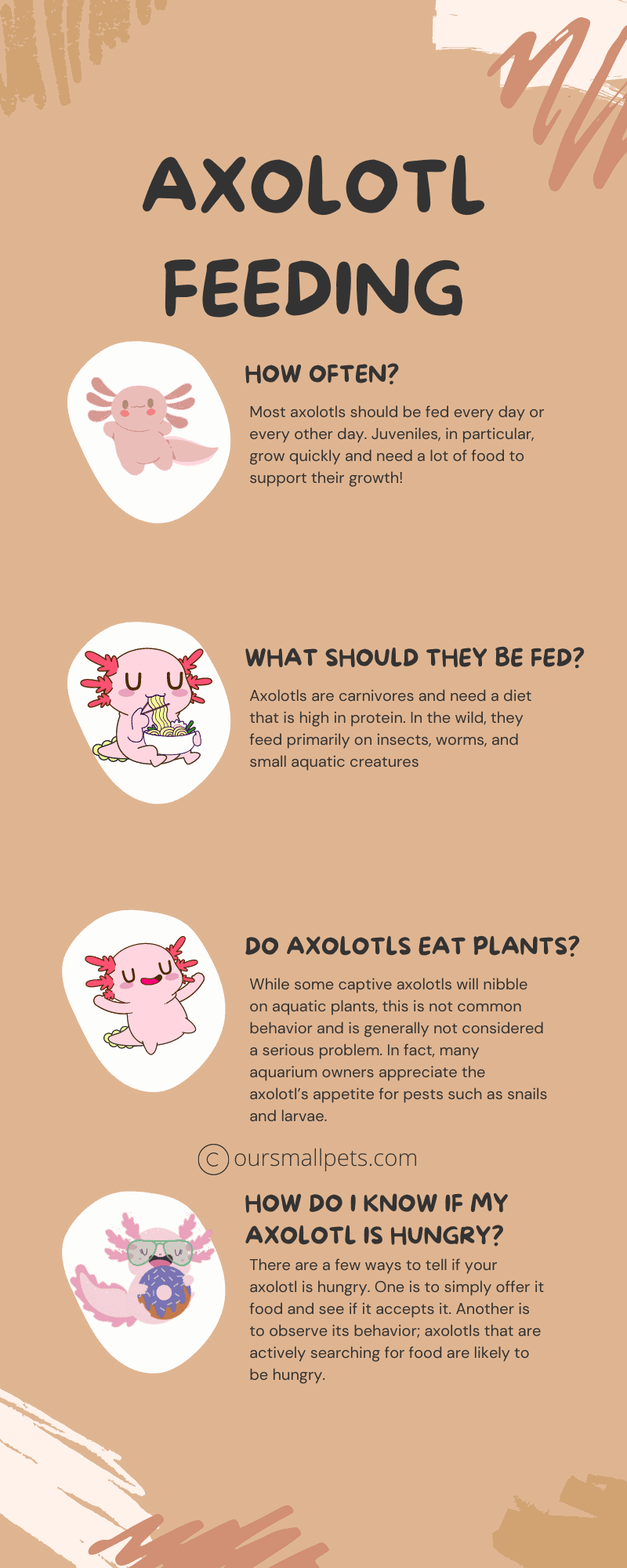
What Should I Feed My Axolotl?
Axolotls are serious eaters that require a steady diet of live food. While they will occasionally eat pellets or flakes, the vast majority of their diet should be live prey. Some good options include bloodworms, earthworms, and frozen fish foods.
It is generally best to offer a varied diet, as this will provide your axolotl with the nutrients it needs for good health.
How Do You Feed an Axolotl on Vacation?
If you are going on vacation, it is best to arrange for someone to care for your axolotl in your absence. This person will need to feed the axolotl and perform basic maintenance, such as changing the water, cleaning the tank, and feeding it. If you cannot find someone to do this, you may be able to leave your axolotl for a short time if you take some precautions.
Before you leave, it is important to ensure that your axolotl’s aquarium is clean and well-maintained. A dirty aquarium can quickly become toxic, so it is important to perform a water change and clean the tank before you go. It is also a good idea to leave a detailed care sheet for the person caring for your axolotl, as this will ensure that they know what to do.
Conclusion
Axolotls are fascinating creatures that have a number of unique dietary requirements. They are primarily carnivores that need a diet of live food, but they will also eat pellets or flakes on occasion.
It is important only to feed your axolotl as much as it can eat in one sitting, as overfeeding can lead to health problems. If you are going on vacation, it is best to arrange for someone to care for your axolotl in your absence. With proper care and attention, your axolotl will thrive!
References:
https://wonderopolis.org/wonder/is-an-axolotl-a-fish-or-an-amphibian
